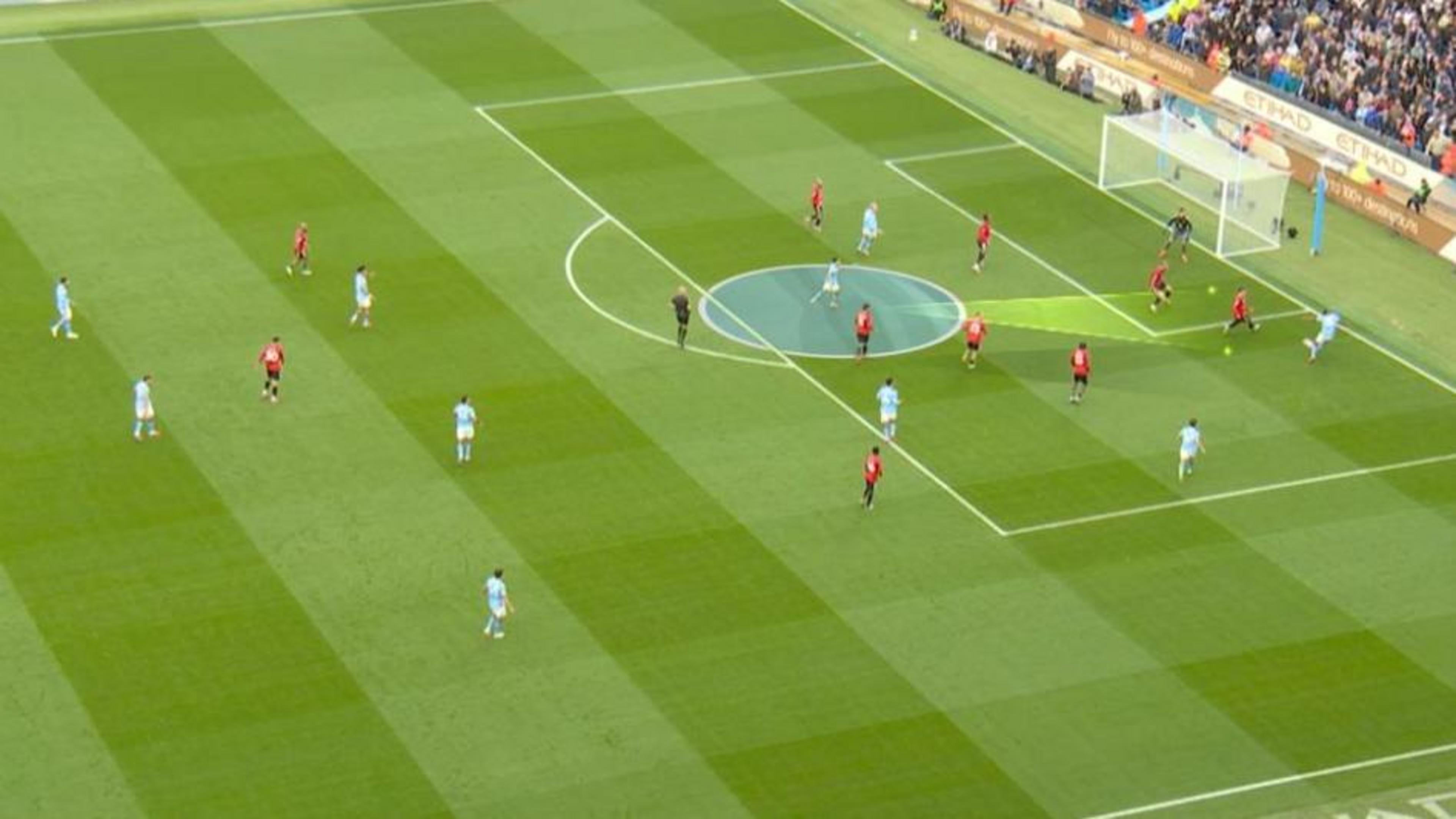Danny Murphy analyzes Manchester United’s struggles, arguing that the core issue isn’t the team’s system but rather the personnel choices and players being deployed in unsuitable positions, leading to recurring defensive errors.
It feels like a broken record whenever the discussion turns to Manchester United’s struggles, but the same issues persistently resurface. They are making avoidable mistakes, and these aren’t even particularly complex to prevent. Having watched every minute of United’s four Premier League games this season, it’s clear there are areas for improvement, even after a disappointing 3-0 derby loss to Manchester City.
There’s been scrutiny of Ruben Amorim’s 3-4-2-1 formation since he took charge at Old Trafford, and it’s a shape I’m not entirely convinced by. However, the team has demonstrably worked on it, and that’s evident. They appear more compact, both in attack and defense, with tighter lines making them harder to penetrate. Unfortunately, these improvements have been overshadowed by costly individual errors leading to conceded goals.
The goals United have conceded this season, including Phil Foden’s opener for City at the Etihad Stadium, aren’t primarily down to the system itself, but rather to selection choices and players being deployed in unsuitable positions. The core issue isn’t a flawed tactical approach, but a mismatch between player attributes and positional requirements.

In the first half against City, United actually performed well. They won possession back high up the pitch on several occasions, and with a bit more composure in those counter-attacks, they could have taken the lead. The 3-4-2-1 formation can leave the two holding midfielders exposed, but this didn’t materialize at the Etihad because Bryan Mbeumo and Amad Diallo, playing wide of Benjamin Sesko, diligently tracked back. This narrowed the team, providing better support to Bruno Fernandes and Manuel Ugarte in midfield, and reducing the gaps between the lines. The defense and midfield maintained a closer proximity, making it harder for City to play through them.
City didn’t completely dismantle United, and Foden’s opening goal wasn’t a result of being tactically outmaneuvered. It stemmed from a lapse in concentration from Fernandes, arguably one of the best number 10s in the world, being caught out of position in a deeper midfield role. His instincts aren’t naturally defensive, and a simple run off the back of him by Foden was enough to create the opening. Fernandes was focused on tracking Jeremy Doku, leaving Foden unmarked. This highlights a fundamental issue: asking a player to consistently perform duties outside his skillset.

This wasn’t an isolated incident. Fernandes also allowed Emile Smith-Rowe to score for Fulham in a previous match, demonstrating a recurring pattern of defensive lapses. While his passing from deep is excellent, and he’s technically gifted, he struggles with the defensive responsibilities of the role. A player of his intelligence should be able to adapt, but it’s not happening consistently enough. The manager needs to recognize this and deploy players better suited to that position.
The issue extends beyond Fernandes. Luke Shaw, while capable in a back three, has spent the majority of his career as an attacking left-back. Asking him to consistently play center-back feels like forcing a square peg into a round hole. While he possesses the quality to adapt, it’s clear he’s not entirely comfortable in the role, and this impacts the team’s overall performance. For City’s second goal, a combination of factors – and individual errors – contributed to the concession. Ugarte’s attempt to press Nico O'Reilly left Foden free, Mazraoui couldn’t prevent the cross, Yoro was beaten by Doku, and Shaw couldn’t contain Haaland. These errors are amplified when players are uncomfortable or mispositioned.
United’s start to the season hasn’t been disastrous. They should have beaten Arsenal, secured victory against Burnley, and created enough chances against Fulham to win. However, the defeat against City exposed underlying issues. Amorim won’t likely abandon his formation, but he needs to address the personnel choices and ensure players are deployed in positions where they can thrive. Continuing to play players out of position will likely lead to the same recurring problems. It’s rare for players to drastically alter their ingrained habits, and without the right balance, United will continue to be vulnerable.
Danny Murphy was speaking to BBC Sport's Chris Bevan.